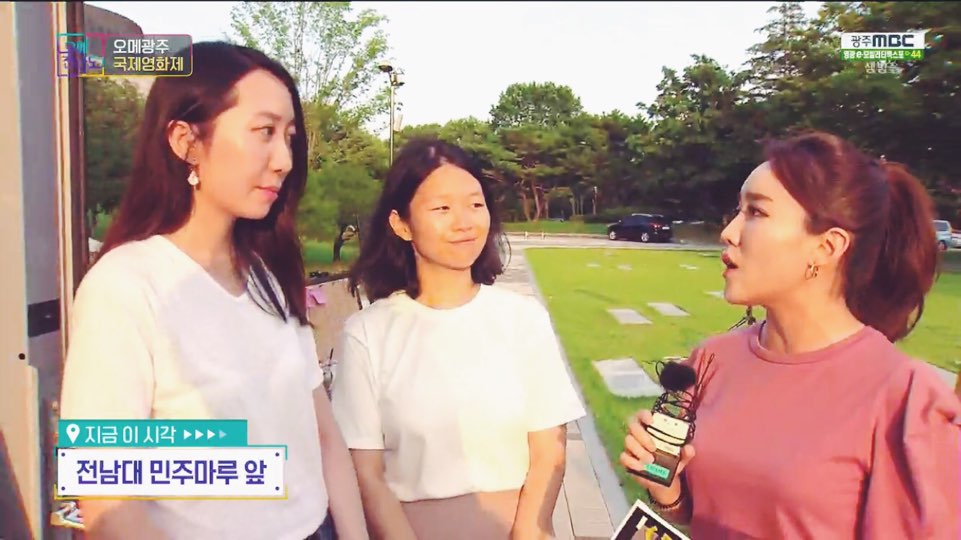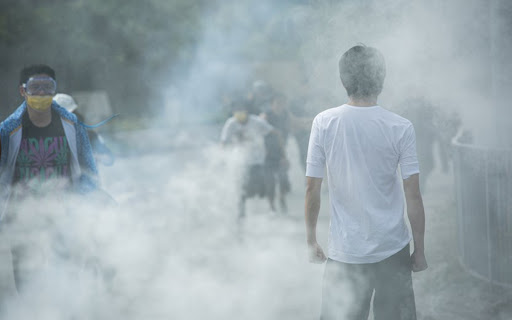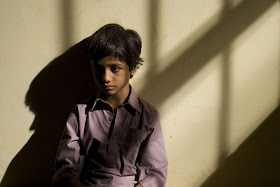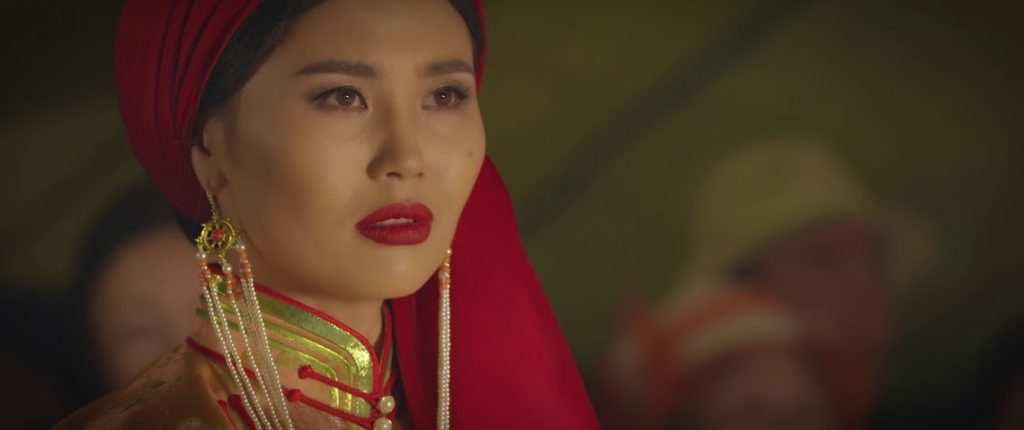The Gwangju Bibim Film Fest
Cooming Soon
Written by Chloe Chan.
Gwangju, designated a “Hub City of Asian Culture” by Roh Moo-hyun in 2002, is widely known for its cultural vibrancy.
From many foreigners’ perspectives, South Korea’s cultural image is always associated with monocultural conservatism and a culturally homogenous “woori” (우리, “us”) culture. Even though South Korea’s cultural policy is sometimes criticized for its insufficiency in accommodating an ethnoculturally diverse community, the cultural organizations in Gwangju are currently putting a lot of effort into reaching a breakthrough, in an attempt to change the “culturally conservative” label.
For instance, the Global Community Support Project run by the Gwangju International Center (GIC) and the Gwangju Cultural Foundation (GCF) focus on cultural diversity projects that are designed to foster community culture through sponsoring local Gwangju and international citizens to take part in cooperating over cultural activities.
Last year, a group of youths from different national backgrounds launched an outdoor film festival on the Chonnam National University campus with sponsorship from the GIC. This year, the film fest has evolved into a higher-quality, annual event with funding support from the GCF.

The Gwangju Bibim Film Fest aims to offer an opportunity for the public to experience various cultures from a multinational perspective. The “Bibim” Film Fest is named after the Korean dish bibimbap (비빔밥, rice dish with vegetables etc.) in the hopes that various cultures can co-exist, just as the assorted ingredients that are perfectly mixed in bibimbap do.
Because this year is the 40th anniversary of the Gwangju Democratization Movement, the event organizers have selected “Human Rights” as the main theme. The catchphrase “Alright? All-Right!” is a play on words that has been adopted to question whether our rights (all-right) are safeguarded (alright). In line with globalization, the two-day film festival will feature screenings that correspond to global human rights, with dual Korean and English subtitles. Independent filmmakers and citizens will be able to enjoy the films at an artistic outdoor space, and so far, the venue is set to be held in the open area of Art Street’s Miro Center.
Below is a brief introduction of the highlighted screenings.
Ten Years (Hong Kong, 2015): An anthology film comprised of five short vignettes that imagine what Hong Kong will look like in the year 2025 under dictatorial political control. In one of the vignettes, “Dialect,” the story depicts a taxi driver who is unable to find customers due to government legislation that displaces Cantonese as Hong Kong’s official language. To make a comparison relevant to South Korea, critics suggest that certain dialects are misused by the media to negatively portray rural, lower-class people, with one result being that the Jeju dialect has been named an endangered language by UNESCO. Regardless of whether a dialect is dying out due to the authorities’ prohibition or because of the growing value of urbanization, this story of change is definitely going to offer some profound insights around the dialect debate and its correlation to cultural identities.

Ramchand Pakistani (Pakistan, 2008): A seven-year-old Pakistani boy and his father who belong to the untouchable Hindu caste accidentally cross the border and end up spending years in an Indian jail while the mother on the other side does not know what has happened to them. This movie is based on a true story in a border district of Pakistan.

Single Ladies 3 (Mongolia, 2017): Three single ladies drive to the countryside in Mongolia in order to console one of their best friends who just experienced an overwhelming breakup. The healing trip begins in the beautiful countryside of Mongolia, but unfortunately, they soon lose their way to their destination. Later, the ladies arrive at Naiman Lake and meet some interesting people there. During the trip, they experience struggles in terms of love and dignity, but by upholding women power, they are able to work things out. It is a heart-warming comedy about female empowerment, and a beautiful depiction of the lives of Mongolian indigenous tribes.

Participating in a Gwangju film festival is a unique opportunity to learn about different cultures and get to know other film enthusiasts in Gwangju. Although the screening schedule is not yet confirmed due to the unpredictable COVID-19 pandemic, further updates will be posted on the film festival’s official Facebook and Instagram pages. For the audience’s safety, the organizer will follow the city government’s health restrictions and social distancing policies by strictly controlling the number of participants and by distributing free face masks and sanitizers. The screening site is also required to reduce the scale and seating capacity in order to prevent close physical contact between individuals. Additional onsite healthcare services such as body temperature checks are expected to be provided as well.
This event is offered to the public 100 percent free of charge. While the world is suffering a global depression amid the pandemic, this is a great chance for us to contemplate humanity and to restore our positive vibes. No matter how defective and disappointing the current situation is, at least we are all in this together, deeply connected.
GWANGJU BIBIM FILM FEST
Dates: To be announced. (Check Facebook)
Organizer: Gwangju Cultural Foundation
Location: 7, Cheonbyeonjwa-ro, 338-beon-gil, Nam-gu, Gwangju
광주 남구 천변좌로338번길 7
Admission: Free (Reservation required.)
Phone: 062-670-7400
Facebook: https://www.facebook.com/gwangjubibimfilmfest/Instagram: @gwangjubibim
The Author
Originally from Hong Kong, Chloe Chan is currently pursuing a master’s degree in NGOs at Chonnam National University. She is also working on a collaborative cultural project with Gwangju Cultural Foundation. Instagram: @hoi0305



